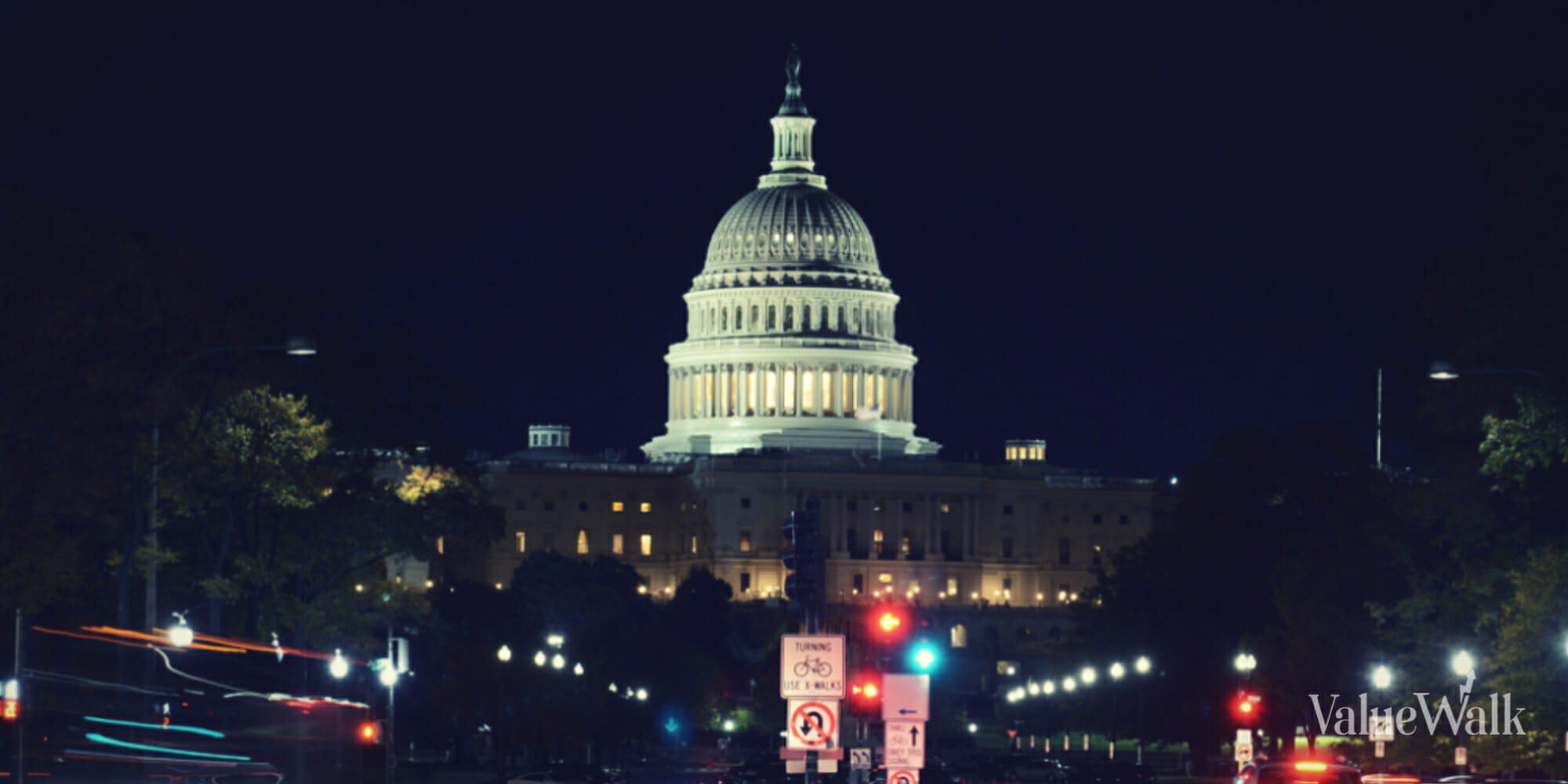Republicans Denounce But Are Afraid to Challenge Hunter Biden’s “Sweetheart” Plea Deal; They Charge Numerous Felonies and Political Interference, But No Testing at 7/26 Hearing
Hunter Biden’s No-Jail Plea Deal
WASHINGTON D.C. (July 21, 2023) – Various Republicans have charged that Hunter Biden has engaged in many serious felonies which would ordinarily result in substantial prison time, and that the investigation leading up to what they term a “sweetheart” no-jail plea deal was corrupted by political interference, but strangely they are not willing to put their money where their mouth is by challenging the approval of the deal at a court hearing set for July 26th, argues public interest law professor John Banzhaf.
Indeed, while they claim to have what House Oversight Committee Chairman James Comer called a “ton of evidence” backing up their numerous claims – including testimony under oath by two FBI whistleblowers, emails incriminating not just Hunter but possibly even his father the president, numerous Treasury Suspicious Activity Reports showing multi-million dollar payments to Biden family members from companies in China, Romania, and Ukraine, shell company-related findings, encrypted messaging application missives.
And now an authenticated but previously secret FBI FD-1023 form about Hunter and various business dealings – none of this will be made available to the federal judge to help persuade her to seriously review and perhaps not approve the deal they so strongly criticize.
Putting this evidence – in the form of a formal legal opposition to the acceptance of the plea deal – before federal judge Maryellen Noreika would certainly provide a strong prima facie case for not approving the plea agreement, at least at this time, says attorney Banzhaf, whose filing of a formal legal complaint led to the criminal investigation of Donald Trump in Georgia which is widely reported to be about to indict the former president.
But the court docket [US v Biden] shows that no Republican has filed any information or other opposition to the plea agreement, nor even taken any preliminary steps to be prepared to do so next week, although they recognize how important such a step would be, says Banzhaf, who filed information before then-chief-judge John Sirica which helped lead to the appointment of special prosecutors to investigate then-president Richard Nixon.
For example, House Ways and Means Committee Chairman Jason Smith, who has assembled much of this evidence, claimed that “Placing the attached materials into the record is critical because the testimony provided by the two IRS whistleblowers brings new and compelling facts to light, and because it is essential for the Judge in this matter to have relevant information before her when evaluating the plea agreement.” [emphasis added]
If I, as a private citizen, can bring important information to the attention of a federal judge (then chief judge) overseeing the criminal investigation of all the Watergate burglars, the Chairman of a House committee should be able to do no less regarding a minor no-jail plea bargain of an individual who his committee has been – and is still in the process of – investigating regarding far more serious criminal charges, argues Banzhaf.
Similarly, any information presented by House Speaker Kevin McCarthy – who played a video for his Republican House colleagues about the mounting evidence against both Joe and Hunter Biden, and who is second in the line of presidential succession (after only the vice president) – to Judge Noreika, certainly could not be ignored by her, the law professor suggests.
A Negotiated Plea Agreement
Banzhaf notes that there are many situations where judges have refused to accept a negotiated plea agreement. For example:
- “if judges believe the agreements do not adequately address the nature of the crimes, the rights of victims, or the interests of the public,”
- the plea agreement “falls short given the backdrop of the parties’ motivation, [the defendant’s] trusted employment position, and the threats to national and global security . . . that [the parties’] actions caused,”
- because the judge was inclined to give the defendant a longer sentence,”
- “[i]t was not in the best interest of the community, or the country, to accept the[] plea agreements,” etc.
Perhaps most tellingly, a judge once rejected a negotiated plea deal simply because, as he explained: “[i]t is contrary to justice. Justice in this society cannot be seen as being able to buy oneself out of a felony conviction.”
If Chairman Jason Smith, Chairman James Comer, or House Speaker Kevin McCarthy were to formally bring this information to the attention of Judge Noreika, it is quite possible if not likely that she would reject the so-called “slap-on-the-wrist” plea deal being offered by his father’s Justice Department in view of the very serious criminal wrongdoings it appears Hunter has committed, and the political interference, delay, and slow walking which allegedly is shown by the evidence, says Banzhaf.
At the very least, it is hard to see how, with such evidence before her, the judge could avoid at least granting a brief delay to permit ongoing formal investigations by congressional committees – where witnesses would be under oath and subject to perjury – to continue their investigative work which so far strongly suggests that the plea deal was improperly influenced by political pressure, and is hardly in the public interest.
A refusal by Republicans to take this simple step, in which the “ton of evidence” could be reviewed by a skilled and impartial decision maker – and possibly result in an evidentiary hearing at which participants would be required to testify under oath and be examined by skilled trial attorneys – would logically lead many to question the sincerity of their concerns about the deal, and/or the strength of the evidence they keep claiming to have, argues the activist law professor.












